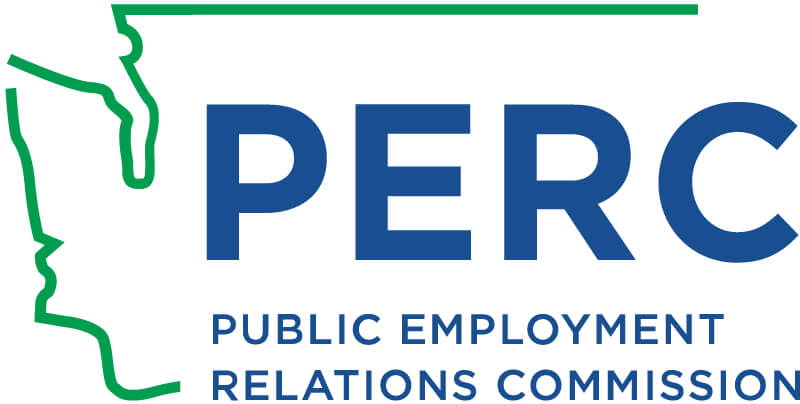UNFAIR LABOR PRACTICE

The laws covering public sector employees in Washington generally prohibit employers and unions from:
- Interfering with, restraining, or coercing employees in the exercise of their rights to organize and collectively bargain.
- Controlling, dominating, or interfering with a bargaining representative.
- Discriminating against an employee for exercising their rights under the state collective bargaining laws.
- Refusing to collectively bargain with the employer or union over wages, hours or working conditions.
